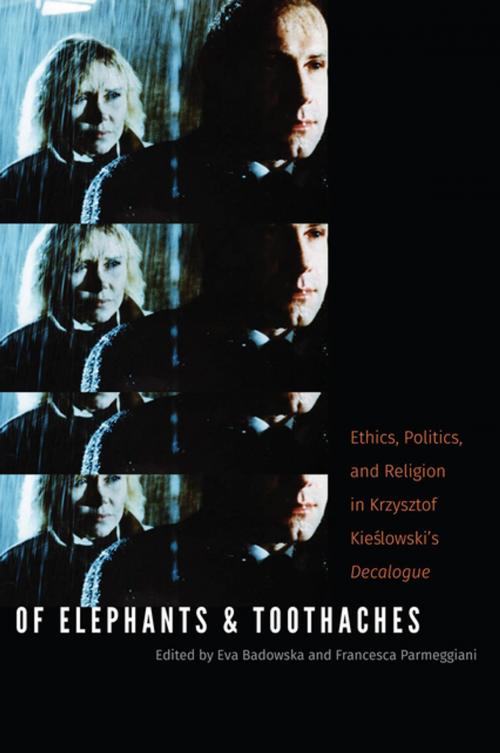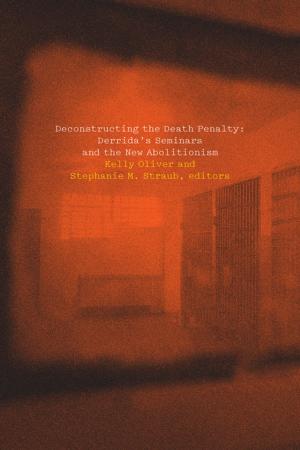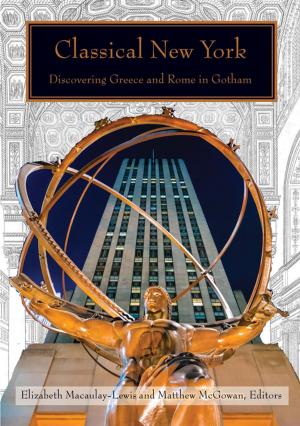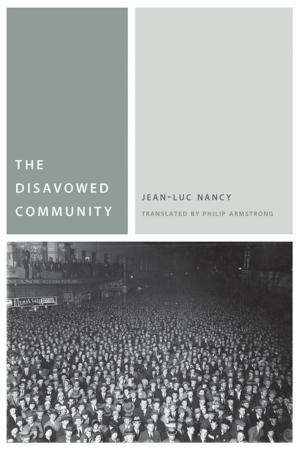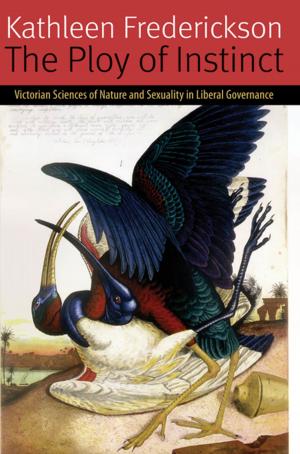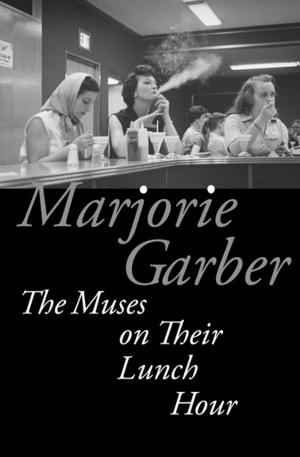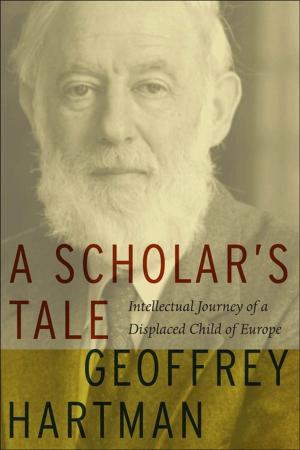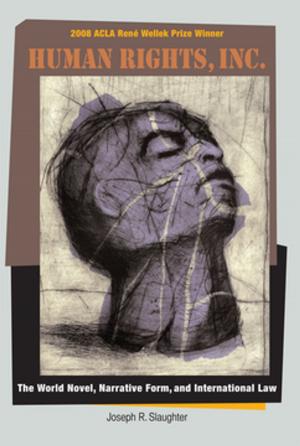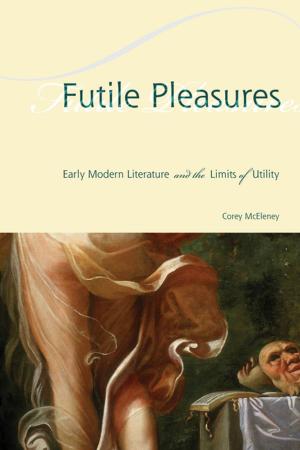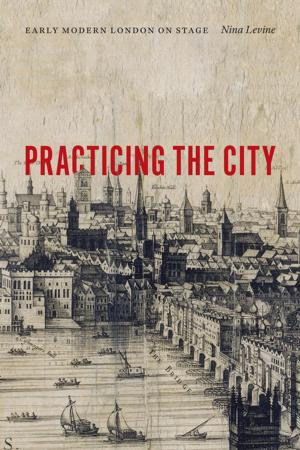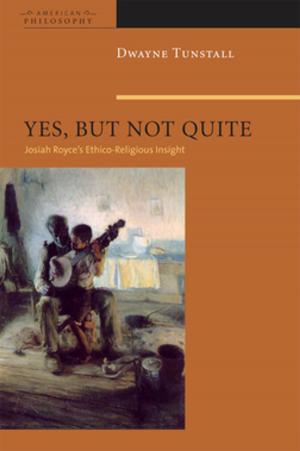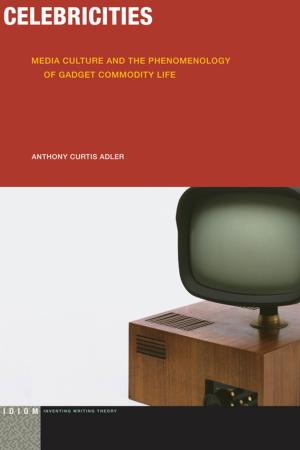Of Elephants and Toothaches
Ethics, Politics, and Religion in Krzysztof Kieslowski's 'Decalogue'
Nonfiction, Religion & Spirituality, Theology, Ethics, Entertainment, Performing Arts, Television, History & Criticism| Author: | ISBN: | 9780823267118 | |
| Publisher: | Fordham University Press | Publication: | June 15, 2016 |
| Imprint: | Fordham University Press | Language: | English |
| Author: | |
| ISBN: | 9780823267118 |
| Publisher: | Fordham University Press |
| Publication: | June 15, 2016 |
| Imprint: | Fordham University Press |
| Language: | English |
This collection is the first to offer a genuinely interdisciplinary approach to Krzysztof Kieślowski’s Decalogue, a ten-film cycle of modern tales that touch on the ethical dilemmas of the Ten Commandments. The cycle’s deft handling of moral ambiguity and inventive technique established Kieślowski as a major international director.
Kieślowski once said, “Both the deep believer and the habitual skeptic experience toothaches in exactly the same way.” Of Elephants and Toothaches takes seriously the range of thought, from theological to skeptical, condensed in the cycle’s quite human tales. Bringing together scholars of film, philosophy, literature, and several religions, the volume ranges from individual responsibility, to religion in modernity, to familial bonds, to human desire and material greed. It explores Kieślowski’s cycle as it relentlessly solicits an ethical response that stimulates both inner disquiet and interpersonal dialogue.
This collection is the first to offer a genuinely interdisciplinary approach to Krzysztof Kieślowski’s Decalogue, a ten-film cycle of modern tales that touch on the ethical dilemmas of the Ten Commandments. The cycle’s deft handling of moral ambiguity and inventive technique established Kieślowski as a major international director.
Kieślowski once said, “Both the deep believer and the habitual skeptic experience toothaches in exactly the same way.” Of Elephants and Toothaches takes seriously the range of thought, from theological to skeptical, condensed in the cycle’s quite human tales. Bringing together scholars of film, philosophy, literature, and several religions, the volume ranges from individual responsibility, to religion in modernity, to familial bonds, to human desire and material greed. It explores Kieślowski’s cycle as it relentlessly solicits an ethical response that stimulates both inner disquiet and interpersonal dialogue.
